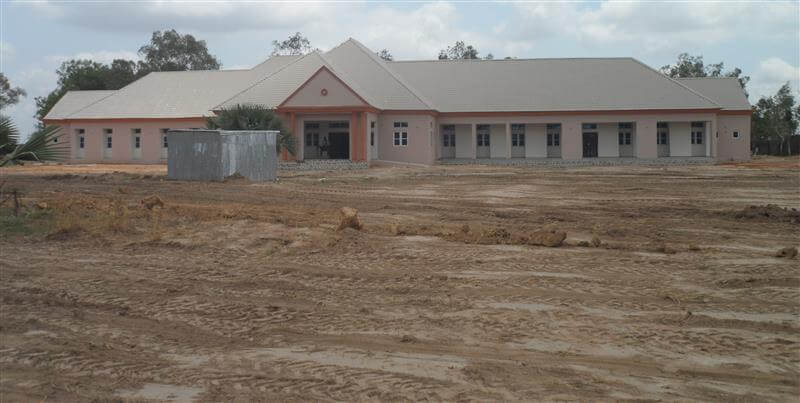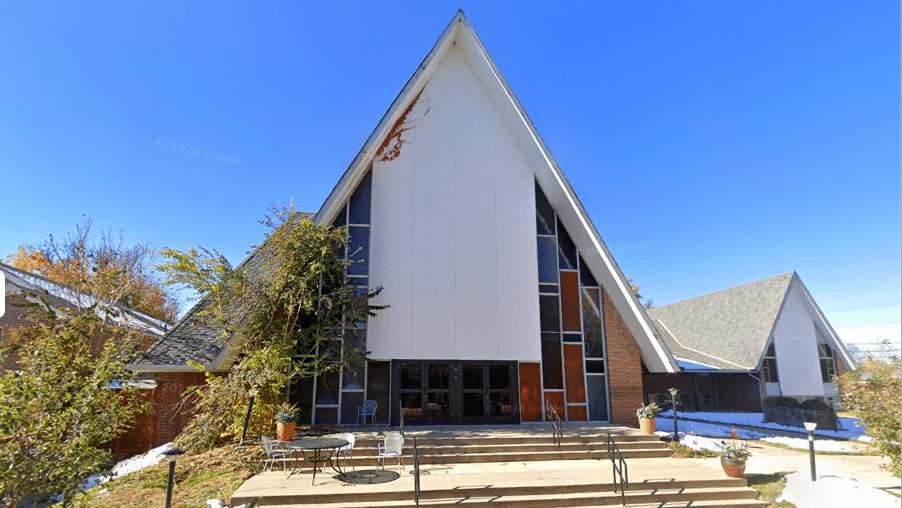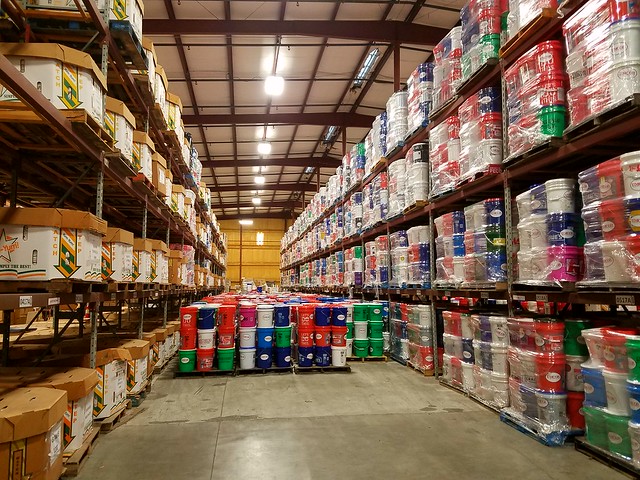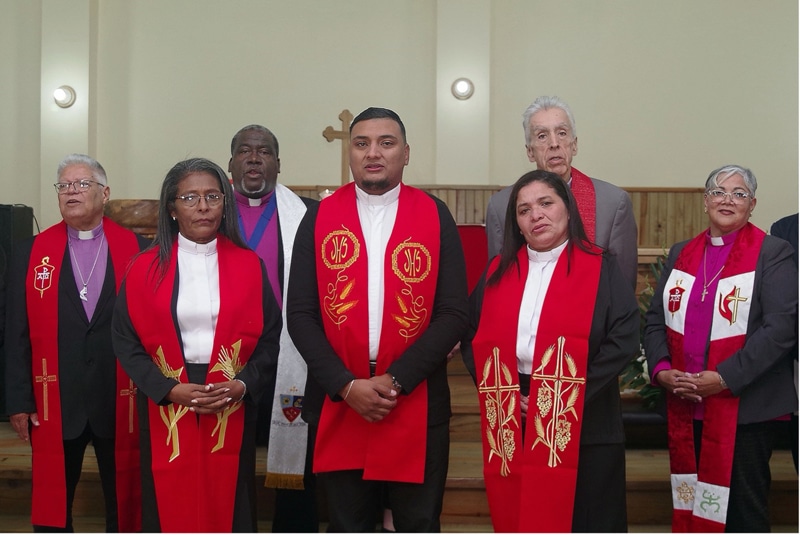ATLANTA — Expectant mothers needing emergency cesarean sections no longer face an eight-hour road journey across the Democratic Republic of the Congo for quality care to save their babies’ lives, and perhaps their own.
The Shungu maternity clinic in the rural DRC city of Kamina, where patients and staff once feared their dilapidated building could collapse at any minute, is now completely renovated, thanks to an initiative by the Global Health Unit at Global Ministries to revitalize health facilities.
Three years ago, Global Health initiated the Health Systems Strengthening program to improve the quality of health services and increase access to mission hospitals in low- resource settings. Since then, the program has supported the rehabilitation of 46 health facilities around the world, including 14 comprehensive projects like Shungu, primarily in the Africa region.
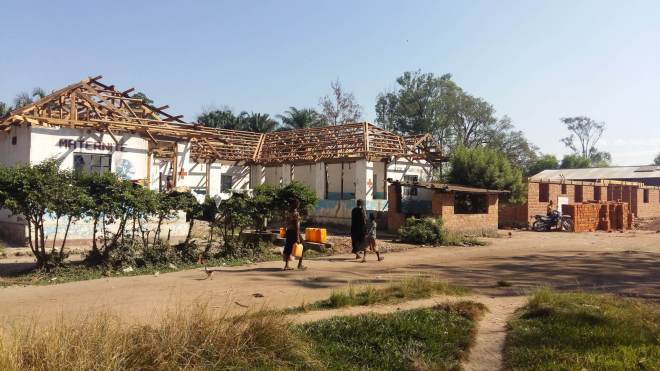
“Many of the mission hospitals were in such states of disrepair that we felt we needed to do something to revitalize them,” said Dr. Graciela Salvador-Davila, interim director of Global Health programs. “Many of them are 100 years old or more and had been pretty much abandoned. We wanted to get them up to standards again so they could provide good quality services.”
Methodist missionaries began opening health facilities more than a century ago in Africa’s most remote locations to serve vulnerable segments of the population. Many of those facilities still provide the only health care available to the rural poor.
“All of these mission hospitals are in rural communities where there are no alternative health facilities,” said Salvador-Davila. “We provide pretty much the only source of health care for many individuals in these communities, which is another reason why this is so important.”
Shungu, for instance, is located in the North Katanga Episcopal Area at Kamina in southeastern DRC. Before renovations were completed, with the help of a $163,354 grant from Global Health, water damage, mold and large holes in the ceilings and walls limited the clinic’s capacity to provide quality care to patients, including emergency procedures.
“Shungu is the only place in that community where caesarean sections can be provided for emergency deliveries,” Salvador-Davila said. “So, if a woman in labor is in an emergency and she needs to have surgery, Shungu is the only place within an eight-hour drive where it can be done.”
The clinic serves a disenfranchised population that is subject to some of the worst health outcomes globally. Most of the rural population are poor subsistence farmers that have no source of income to pay for the health services they receive at the Methodist facilities.
New hospital replaces a temporary Jalingo health facility
Since 2017, the Global Health unit has made grants totaling $8.65 million available to strengthen rural health care by rehabilitating health facilities, both small and large.
In Jalingo, the capital city of Taraba state in eastern Nigeria, the Nigeria Episcopal Area has opened one of the best-equipped private hospitals in the region with the help of a $173,217 grant from the Global Health Unit.
The new hospital replaced a temporary health facility that opened in 2014 under the leadership of Bishop John Wesley Yohanna. At that time, 14 health providers moved from rural Zing to Jalingo because of constant tribal conflict in Zing. The temporary clinic, which was housed at the UMC Nigeria Secretariat in Jalingo, did not have surgery capacity or facilities for inpatient care and could only support outpatient consultations.
The new, 30-bed Jalingo United Methodist Hospital, which opened in 2018, has a 15-bed female ward, a 15-bed male ward, a labor room, an emergency ward, an operation theater, two consulting rooms, a laboratory, a waiting area and a records room. It is expected to treat more than 10,000 people each year.
Renovated Ganta Hospital plays key role in Liberia
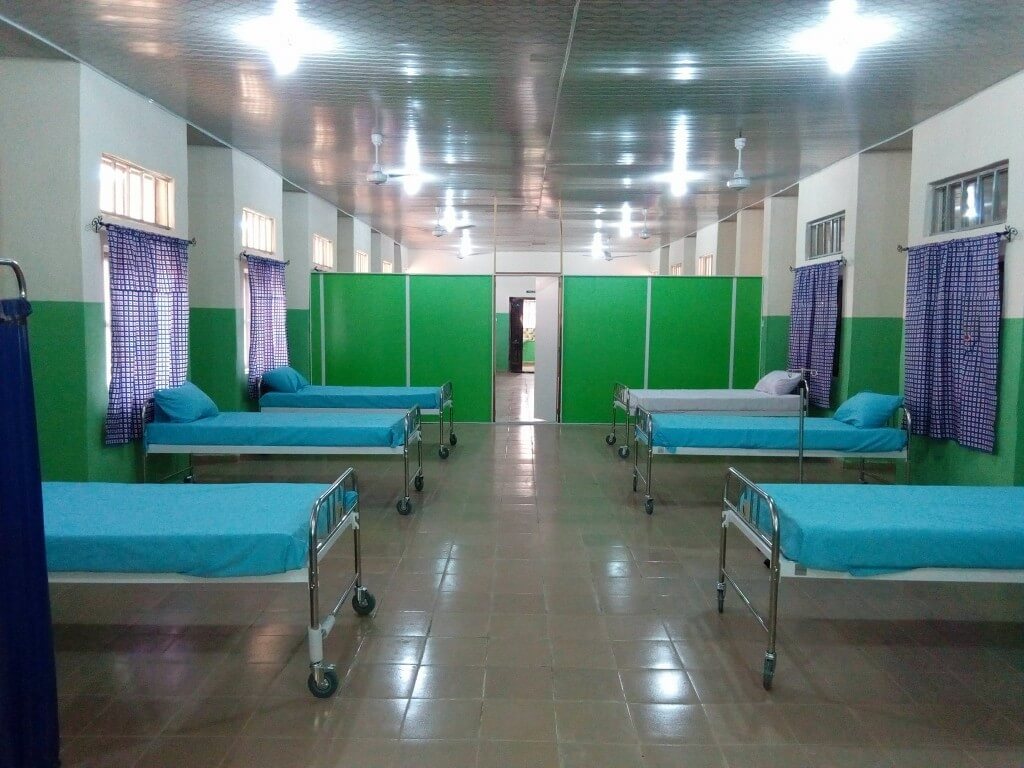
Improving health care access is a critical need in Liberia following 14 years of conflict and the devastation caused by the Ebola crisis. Ganta United Methodist Hospital, the largest health facility operated by the Liberia Annual Conference, is playing a key role. The 100-bed hospital serves over 300,000 people in northeastern Liberia who are mostly subsistence farming families.
Extensive renovations at the hospital, including surgical, laboratory and maternity units, in addition to the prenatal clinic, kitchen and laundry, were completed with a Global Ministries grant awarded in 2017. Under the proposed second phase of the project, a $431,042 grant will include renovation of the outpatient adult ward, X-ray and dental/emergency units, construction of two duplexes to house professional staff and rehabilitation of the hospital’s plumbing/septic system.
The hospital was established in 1926 as a rural health post by Dr. George Way Harley, a Methodist missionary from North Carolina. It is now a regional referral hospital with a 24-hour emergency unit and two ambulances. Services cover outpatient/ambulatory including internal medicine, HIV/AIDS prevention, ophthalmology, orthopedics, surgery, obstetrics and community-based primary health care.
“The Health Systems Strengthening program became such a priority because we want to make sure these facilities have all of the infrastructure upgrades, the safe equipment, and the medications that they need to provide essential services to reduce the number of people dying from causes that can be prevented,” Salvador-Davila said. “It’s not just about buildings being completed. It’s about the significance of these health facilities in these rural, underserved communities where nobody else is providing health services.”
To learn more about the Health System Strengthening program, go to https://archive.umcmission.org/learn-about-us/our-work/global-health/health-systems-and-strengthening.
Gillem is a freelance writer for Global Ministries.
